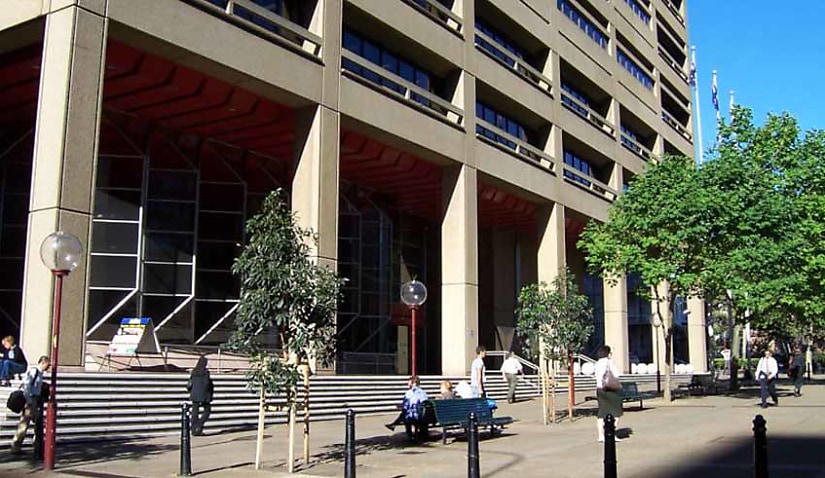Powered by MOMENTUM MEDIA
A former client and creditor of a Sydney boutique firm attempted to recoup an alleged debt of close to $300,000.

As part of his creditor’s statutory demand for an alleged debt of just over $298,000, Paul Michales claimed CharterLaw Legal (CCL) provided legal services after it ceased to be registered from June 2024.
Michales told the NSW Supreme Court he made a series of payments to CCL up to mid-2023 and that the firm ceased to be registered when an “apparently associated entity” commenced practice.
However, Justice Ashley Black said the court would be unable to determine all the matters in dispute between the parties due to the limited scope of its jurisdiction in an application of this type.
Referring to complaints Michales made to the Law Society and the Office of the Legal Services Commissioner, Justice Black said those matters would be “properly left” to those regulatory bodies to deal with “in accordance with their respective jurisdiction”.
The court did find it was plain that “a genuine dispute here exists”, particularly the claim that CCL provided legal services to Michales after June 2024 in contravention of the Legal Profession Uniform Law.
However, Justice Black said it would be a “remarkable result” if a provision intended to provide for repayment of legal costs in respect of services provided by unlicensed entities has the consequence that costs are repayable in respect of services by licensed entities, “merely because they later ceased to conduct business or hold relevant licenses, well after the services were provided”.
“One obvious difficulty with that proposition is that it would subvert the apparent statutory purpose of the prohibition, because an entity which was licensed and properly entitled to provide those services at the relevant time would be exposed to the same risks as an unlicensed entity, which provided those services without being entitled to do so,” Justice Black said.
Given Michales’ construction of the principles was unsuccessful, CCL was granted the application to have the statutory demand set aside.
Justice Black said that where there is a genuine dispute as to debt, it is still open to Michales to commence substantive proceedings.
The case is: In the matter of CharterLaw Legal Pty Ltd [2025] NSWSC 297
We're evolving — and so should your insights. Heads up — Lawyers Weekly is going premium from 1 May for just $5 a month. Stay informed without missing a beat. More information coming soon.

Naomi Neilson is a senior journalist with a focus on court reporting for Lawyers Weekly.
You can email Naomi at: